Question And Answer
Publications
Articles, publications, books, tools and multimedia features from the U.S. Institute of Peace provide the latest news, analysis, research findings, practitioner guides and reports, all related to the conflict zones and issues that are at the center of the Institute’s work to prevent and reduce violent conflict.
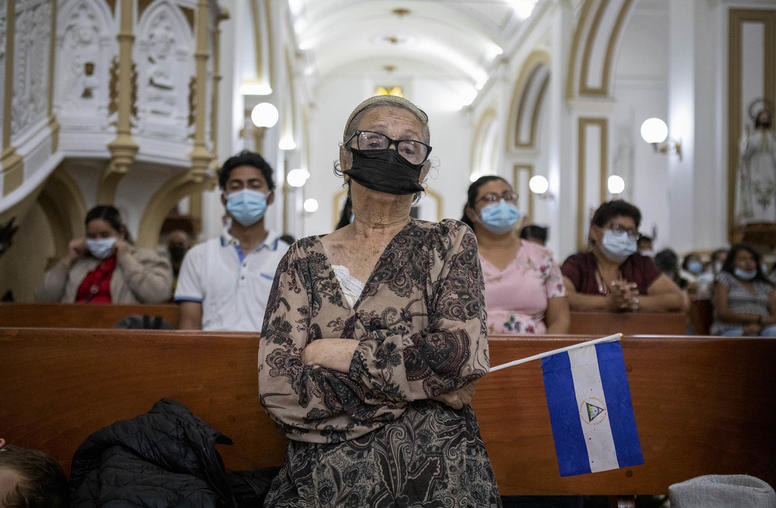
In Nicaragua, Crackdown on Religious Actors Further Imperils Return to Democracy
In recent months, Nicaragua’s government has escalated its effort to silence dissent by waging a systematic campaign of repression against the Catholic Church. Nicaraguan President Daniel Ortega and Vice President Rosario Murillo’s crackdown on clergy and church-affiliated organizations critical of their authoritarian regime not only threatens Nicaragua’s religious freedom but also erects significant roadblocks to the country’s return to peace and democracy.
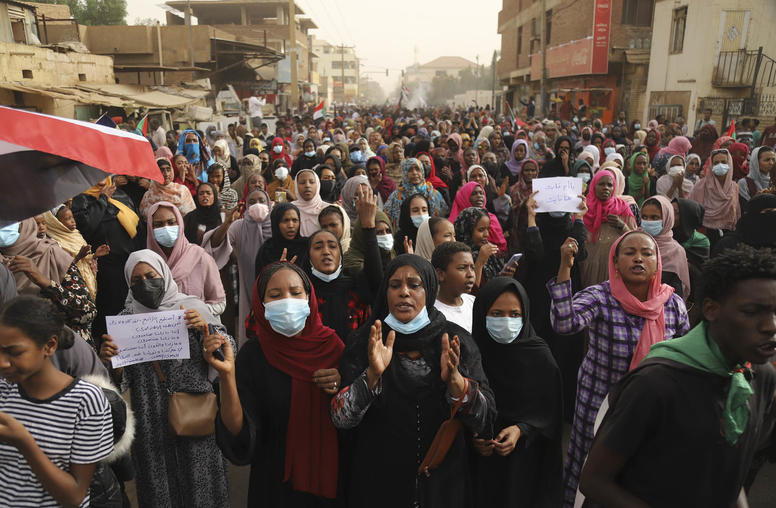
42 Months on, How Does Sudan’s Democracy Movement Endure?
Three and a half years after Sudan’s military deposed the authoritarian ruler, Omar Bashir, in response to massive protests, the current military leadership and divisions among political factions are stalling a return to elected civilian government. This year has brought a deepening economic crisis and violent communal clashes — but also a new wave of nonviolent, grassroots campaigns for a return to democracy. As Sudanese democracy advocates and their international allies seek ways to press the military for that transition, all sides should note, and work to sustain, Sudan’s nonviolent civic action.
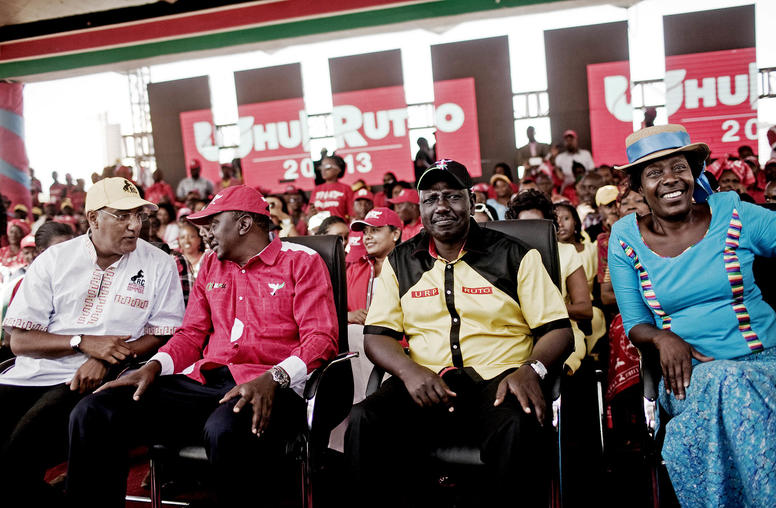
What’s Next for Kenya After William Ruto’s Presidential Victory?
William Ruto’s emergence as Kenya’s fifth president represents a paradigm shift in the country’s politics. Ruto’s campaign was comprised of a mass movement of workers, the jobless, peasants and other “hustlers” and sought to distance itself from the dynasties that have long run Kenya’s politics. While Ruto was born in a small rural village in the Rift Valley, his opponent, Raila Odinga, is a former prime minister and the son of the country’s first vice president. Marginalized Kenyans see Ruto as the personification of a transformational agenda that centers their plight, defining a contest between hustlers and dynasties. While Kenya faces a dire economic situation, Ruto’s biggest challenge may be overcoming the country’s legacy of ethnic politics and building national cohesion.
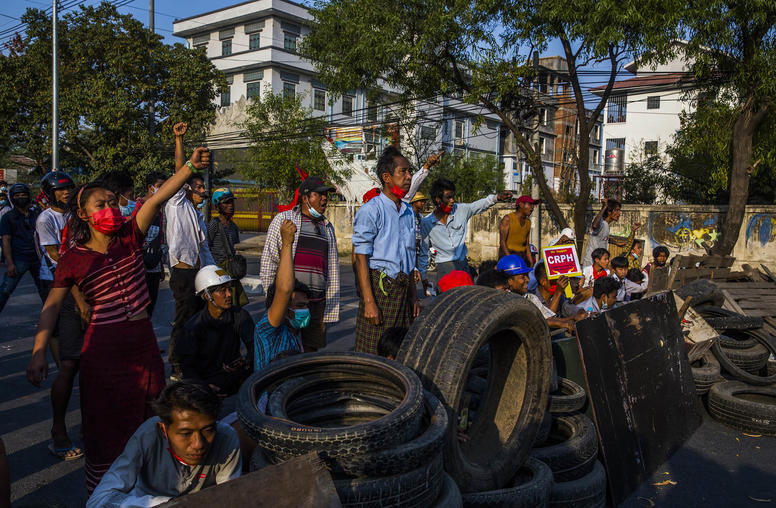
To Build a Unified Resistance and Democratic Myanmar, Discrimination Must End
Early on the morning of Myanmar’s February 2021 coup, Mya Aye, a prominent Muslim activist, was one of the first arrested by the new junta regime. Since then, thousands more have been imprisoned or killed by the regime, including dozens of Muslims, like prominent student leader Wai Moe Naing, and other marginalized minorities who have fought against the military junta alongside other ethnic and religious groups. Although the resistance shares a common enemy in the brutal junta, it has yet to fully embrace a vision for a more inclusive country that overcomes Myanmar’s legacy of ethnic and religious discrimination. To broaden its base of support domestically and internationally, resistance leaders should commit to address structural discrimination against minorities in Myanmar.
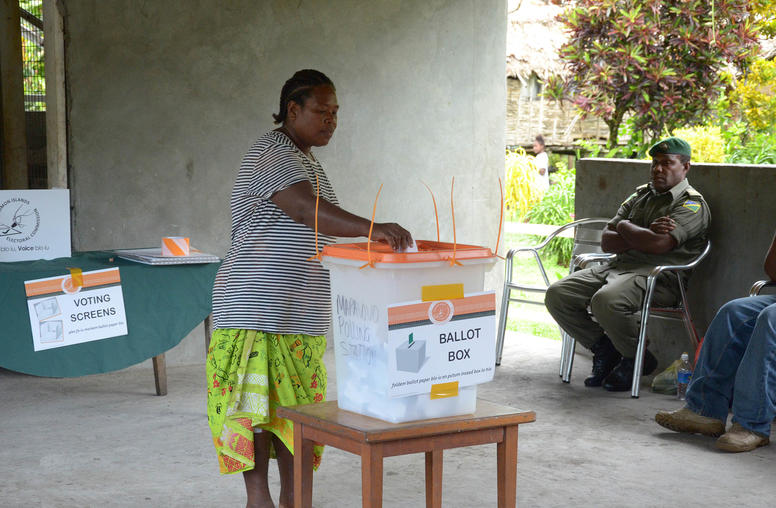
Solomon Islands: Election Delay Would Threaten Peace and Democracy
Solomon Islands Prime Minister Manasseh Sogavare is attempting to delay the 2023 elections — which would normally take place between May and August — to 2024, causing concerns among civil society and regional partners regarding the country’s growing autocracy and ties to China. Delaying the vote is broadly unpopular and could spark protests. Some Solomon Islanders fear that Sogavare may use Chinese security forces to crack down on protesters, which would fuel further instability. Postponing the election may also set a dangerous precedent for the future, allowing Sogavare to further solidify his power.
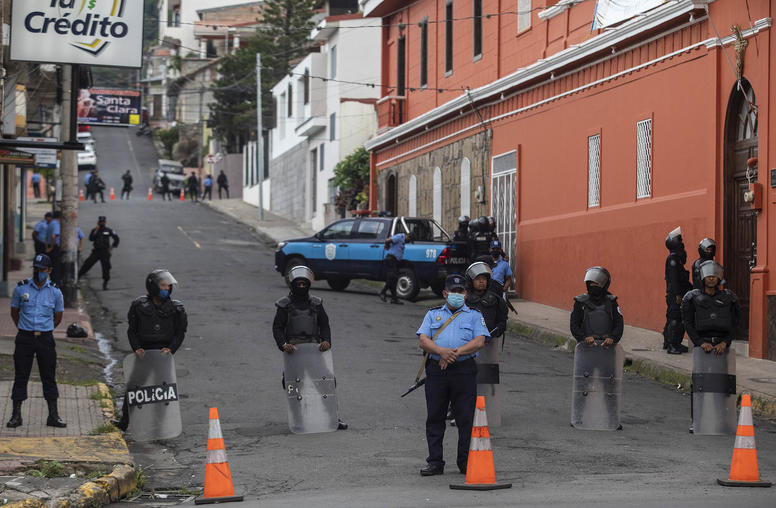
Will Other Central American Leaders Follow Nicaragua’s Authoritarian Lead?
The Nicaraguan government has intensified its confrontation with one of the country’s most popular and historically powerful institutions: the Catholic Church. Police raided the episcopal rectory in the northern city of Matagalpa on August 19, placing a bishop, five priests and two seminarians under arrest. In recent weeks, President Daniel Ortega has shut down seven Catholic radio stations, expelled missionaries and banned religious processions in an effort to silence dissent — even at the risk of alienating the country’s fervently Catholic population.

¿Seguirán otros líderes centroamericanos el liderazgo autoritario de Nicaragua?
El gobierno de Nicaragua ha intensificado su enfrentamiento con una de las instituciones de mayor arraigo e históricamente poderosas del país: la Iglesia Católica. La policía allanó la rectoría episcopal en la ciudad norteña de Matagalpa el 19 de agosto y arrestó a un obispo, cinco sacerdotes y dos seminaristas. En las últimas semanas, el presidente Daniel Ortega cerró siete estaciones de radio católicas, expulsó a misioneras y prohibió las procesiones religiosas en un esfuerzo por silenciar a la disidencia, incluso arriesgando contrariar a la fervientemente católica población del país.

Mary Speck on Nicaragua’s Democratic Backsliding
With President Ortega now attacking the Catholic Church, USIP’s Mary Speck says Nicaragua’s democratic backsliding “has gone further than any other country” in Central America — noting the risk that regional leaders could follow Ortega’s lead after they “see what [he] has been able to get away with.”
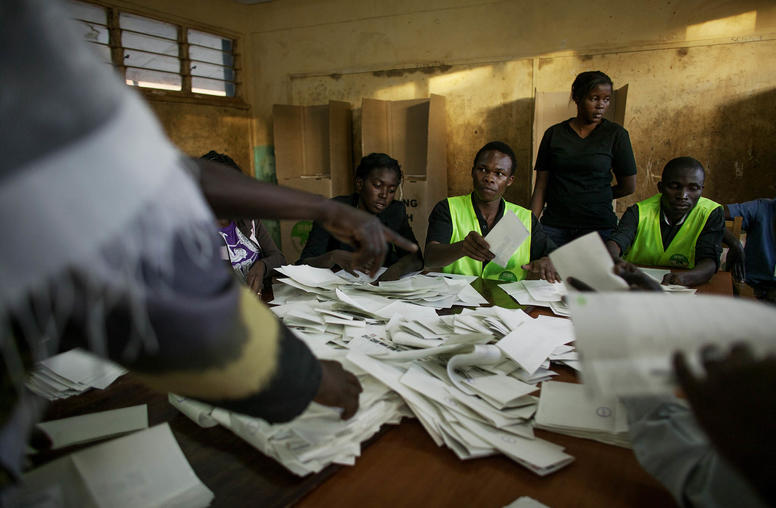
Three Early Lessons from Kenya’s Elections
On August 15, William Ruto was declared president-elect of Kenya, following a vote last week. His chief competitor, Raila Odinga, rejected the results and says he will go to court to seek their invalidation. So far, little evidence of electoral misconduct has been presented, with most observers suggesting the conduct of the polls improved compared to the last vote in 2017. As the country waits for the judicial process to unfold, here are three takeaways from this year’s Kenyan experience.
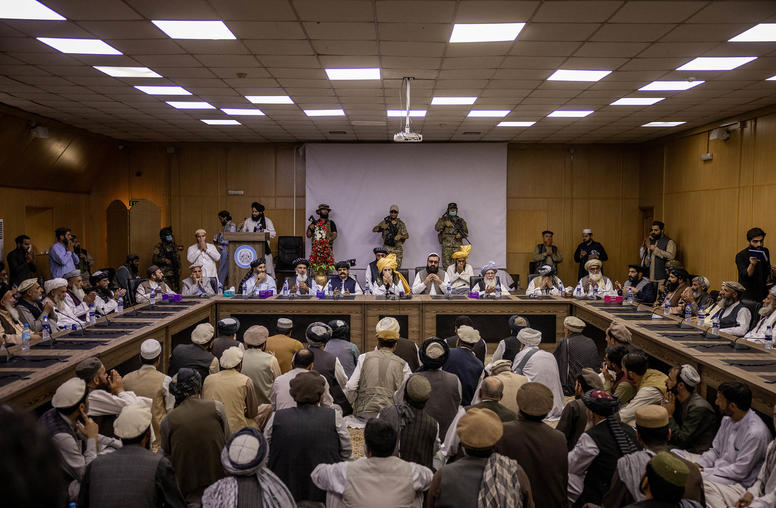
One Year Later: Taliban Reprise Repressive Rule, but Struggle to Build a State
When the Taliban swept into power last August, many expected they would reprise the draconian governance of their 1990s emirate. Despite pledges of moderation and reform from some Taliban factions, one year later those predictions have largely turned out to be prescient. The group has yet to establish a formal governance structure, with the interim cabinet appointed early in their tenure still intact. But the Taliban have swiftly reinstated many of their harshest policies, pushing women out of public life and brooking no dissent. USIP’s Andrew Watkins explains how the Taliban government functions, who’s really in charge and how the Taliban have dealt with challenges to their authority.